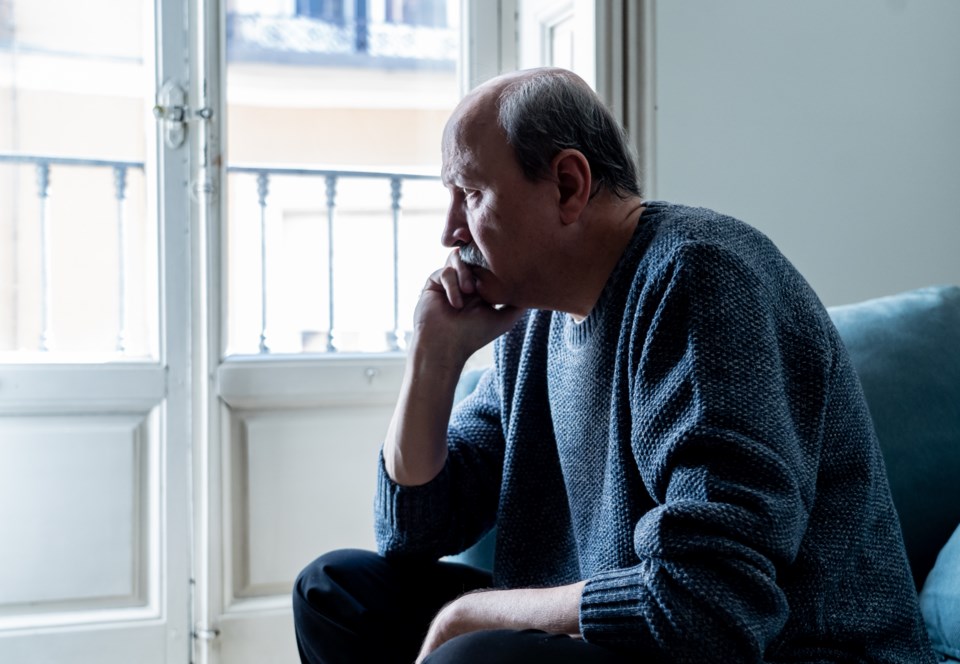Dealing with life events and trauma can feel very lonely. In fact, most people cope with difficult situations on their own.
Clinicians at The Community Centre of Nipissing (CCCNIP) recommend that you never underestimate the support of friends and family to help you resolve problems and lead a healthy, well-adjusted life. A conversation with a friend over coffee can be enough to help you heal from the emotional bumps and bruises we all accumulate.
However, some individuals get stuck in unhealthy relationships and need professional help while others experience trauma that keeps them stuck in a never-ending loop of symptoms. In those cases, healing comes slowly or not at all.
When you need help to heal, speaking to a professional psychotherapist may be the solution.
Psychotherapy is a talk-based approach with a trained professional who can help you improve your mental health and well-being. Psychotherapists need to be registered with the College of Registered Psychotherapists of Ontario or another professional college regulating psychotherapy.
Psychotherapy can also help reduce troubling emotional or mental health symptoms and can improve relationships and quality of life.
While most people learn to cope with their past on their own, some people are interested in getting beyond coping. They are seeking something deeper that helps them relieve symptoms and move forward with their lives. When they realize that ‘coping’ is just not enough, they get in a state of readiness. However, depending on the level of trauma, some people are okay with ‘coping’. For others dealing with complex trauma, something more than ‘coping’ is required.
It is important to note that to benefit from therapy, you need to be in the right state of mind. You need to be ready to look at your challenging experiences. Like a wound on your body, the mind can form an ‘emotional scab’ to deal with trauma. You might protect an injured limb to avoid making the injury worse. This is similar with emotional wounds. We tend to avoid the pain caused by emotional injuries, current or past.
For example, many war veterans returning from action are very hesitant to speak about their experience. It is important to note that avoiding an emotional injury is not a form of denial. It is, in fact, an indication that the emotional injury is too difficult to talk about. Prodding a person to talk about an emotional injury when they don’t feel ready can be harmful. It can also be destabilising to deal with trauma if you are not ready. It can lead to increased mental health symptoms such as anxiety and depression.
CCCNIP Psychotherapist Wendy Charland says, “People avoid pain. It is a natural reaction. If people don’t show up for counselling or don’t want to talk about it, it is not necessarily denial. She notes that when people are ready, they can experience intense relief through psychotherapy. As the healing occurs, the results can be dramatic.
“In many cases, we find that people are reluctant to end their therapy as they experience recovery. Over several sessions, ‘little healing steps’ occur leading to increased insight or catharsis. Many people experience relief from symptoms for the first time in many years,” she says.
One way to know if you are ready for therapy is the presence of ‘triggers’.
A trigger is something that reminds you of upsetting times in your past. This is upsetting and can be scary, which can even lead to addictive behaviours or other risky and unhealthy decision making. Your relationships with others can be affected.
These triggers that lead to troubling symptoms and thoughts, are figurative ‘cracks in your soul’ that you want to resolve.
If you are experiencing any of the following challenges, you may want to consider psychotherapy:
- Intrusive, unwelcome thoughts or flashbacks
- Unable to move forward in a relationship or career for emotional reasons
- Feeling damaged or harmed by an event or person that you are unable to overcome
- Unable to maintain long term relationships or failure to achieve intimacy
- Repeating patterns of behaviours that feel out of your control
- Disturbances of sleep or eating that have no medical cause
- Use of substances to cope with feelings and relationships
- Disorders of mood such as anxiety or depression
- Inability to overcome grief or loss
CCCNIP may have programs or services that can help you find relief. Call at 705-472-6515 or visit their website here.
